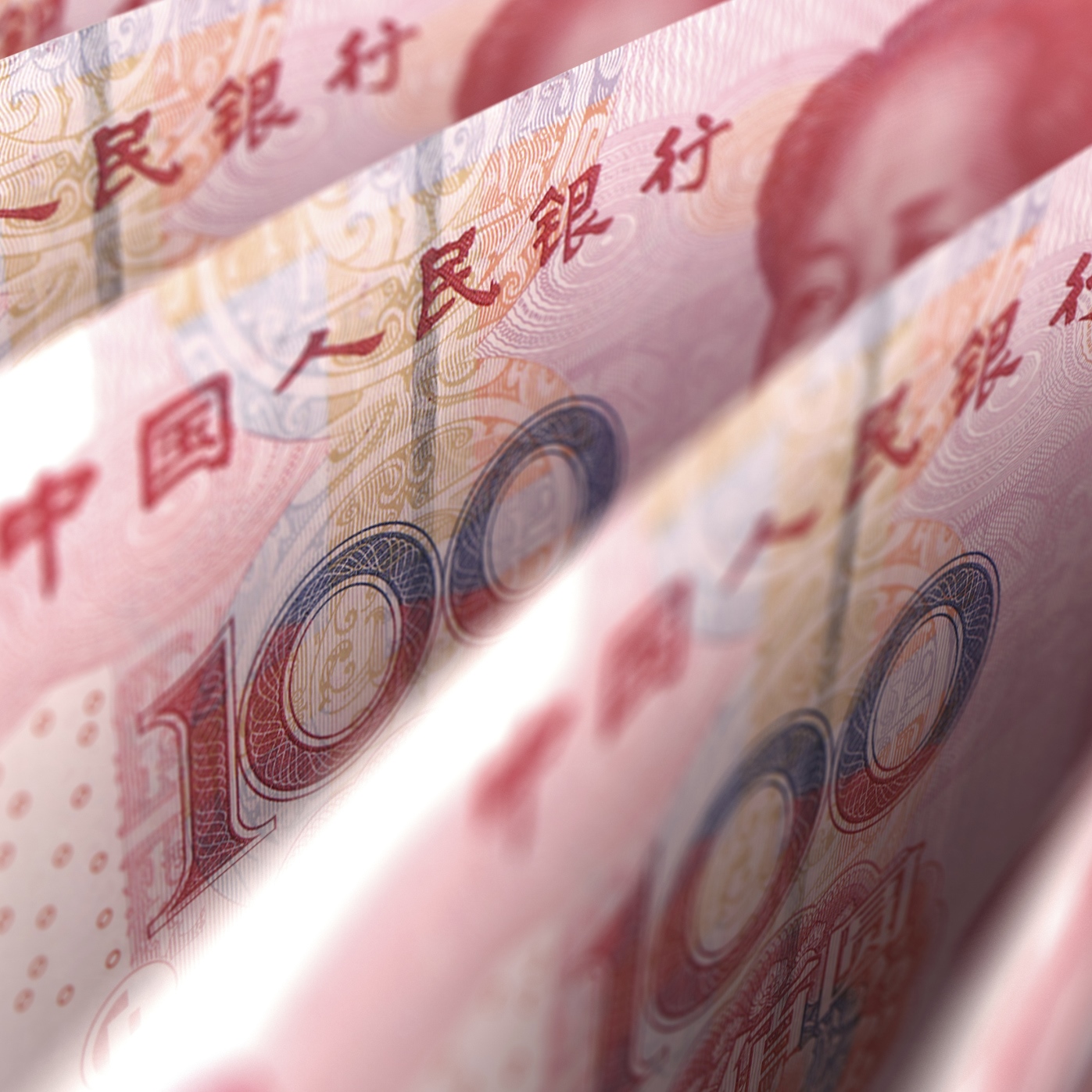Banking, finance, and taxes
China's Renminbi Now Officially a Reserve Currency

Published:
Last Updated:

The International Monetary Fund (IMF) on Monday added China’s currency, the renminbi, to the basket of official world reserve currencies. The renminbi, which is denominated in yuan, joins the U.S. dollar, British sterling, the euro and the Japanese yen as one of five currencies making up the IMF’s basket of special drawing rights (SDRs).
The IMF’s board of directors voted on a recommendation from the agency’s staff and endorsed by IMF managing director Christine Lagarde earlier this month. In her statement on November 13, Lagarde said:
A key focus of the Board review is whether the Chinese renminbi (RMB), which continues to meet the export criterion for inclusion in the SDR basket, also meets the other existing criterion, that the currency be “freely usable”, which is defined as being “widely used” for international transactions and “widely traded” in the principal foreign exchange markets.
… IMF staff assesses that the RMB meets the requirements to be a “freely usable” currency and, accordingly, the staff proposes that the Executive Board determine the RMB to be freely usable and include it in the SDR basket … . The staff also finds that the Chinese authorities have addressed all remaining operational issues identified in an initial staff analysis submitted to the Executive Board in July.
The IMF’s move comes with some expected controversy. Some observers, including the former head of the IMF’s China group, are cited as saying that if the IMF review had been conducted on any other currency that currency would likely not have been included in the agency’s reserve basket. The counter argument is that because China’s economy is the world’s largest on a purchasing power parity basis, the country’s currency has to be included as a reserve currency.
ALSO READ: 10 Brands That Will Disappear in 2016
The inclusion of the renminbi is more symbolic than anything else. Will demand suddenly jump for renminbi-denominated assets? No. Will global asset managers rush out and buy up yuan? No.
According to research firm Capital Economics cited in the Financial Times’s Alphaville blog, understanding what the IMF’s reserve status means is the first step to understanding the impact of the renminbi’s inclusion. SDRs are the accounting unit of the IMF and their value is based on a weighted average of the basket currencies. If an IMF member needs cash it can sell its SDRs to other members in exchange for any of the basket currencies. This could be benefit to a reserve currency, but in actual practice the impact is insignificant.
Capital Economics states the matter clearly:
In practice, what determines whether central banks are willing to consider a currency a reserve asset is their confidence that they can sell that asset whenever needed into deep and liquid markets. Inclusion in the SDR basket could be taken as endorsement by the IMF that the renminbi and China’s financial markets meet this standard. But central banks are likely to come to their own judgement (as they have in their purchases of Australian and Canadian dollar reserves).
Viewed this way, China’s currency has now accepted a share of managing future risk to the global financial system. Does it go without saying that the change is likely to be deflationary to the yuan?
ALSO READ: 6 Fresh Analyst Picks With Massive Upside
Start by taking a quick retirement quiz from SmartAsset that will match you with up to 3 financial advisors that serve your area and beyond in 5 minutes, or less.
Each advisor has been vetted by SmartAsset and is held to a fiduciary standard to act in your best interests.
Here’s how it works:
1. Answer SmartAsset advisor match quiz
2. Review your pre-screened matches at your leisure. Check out the advisors’ profiles.
3. Speak with advisors at no cost to you. Have an introductory call on the phone or introduction in person and choose whom to work with in the future
Thank you for reading! Have some feedback for us?
Contact the 24/7 Wall St. editorial team.